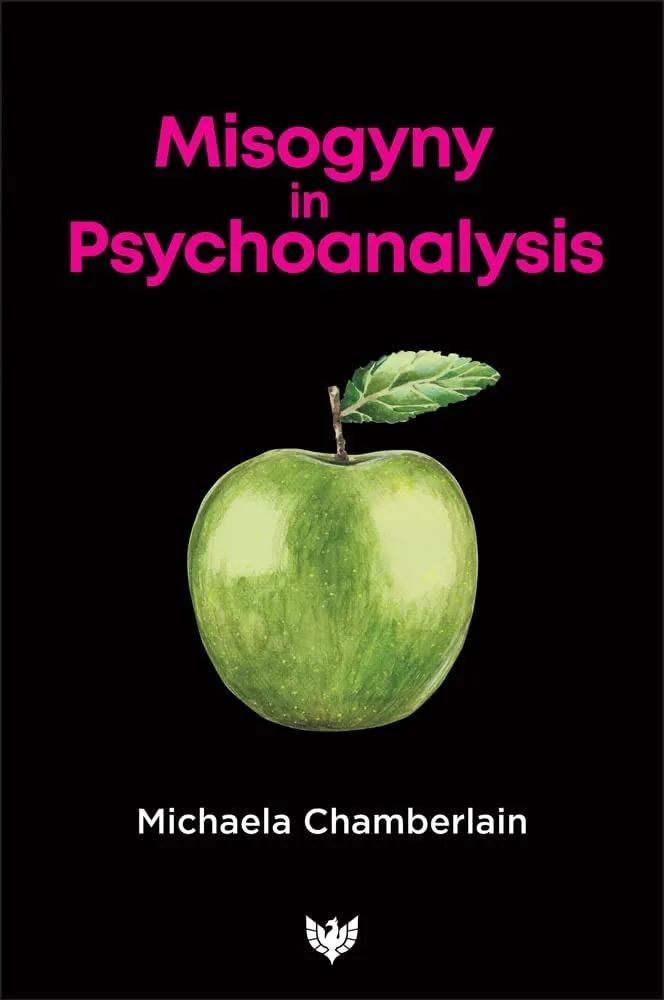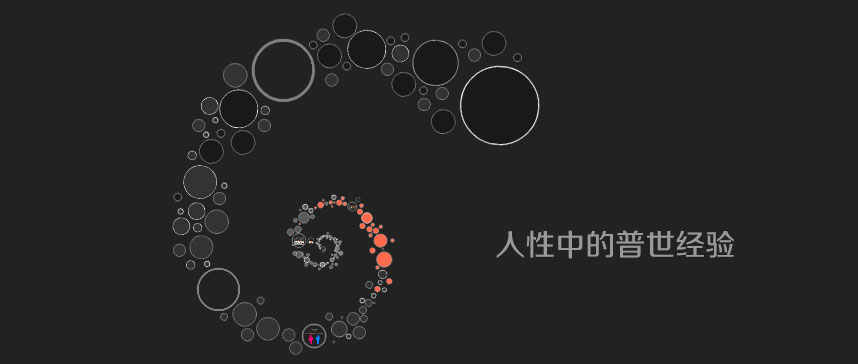Agency, communion and entitlement 能动、和赋权
摘要
this study examined the relationship between agency, communion, and the active, passive, and revenge forms of entitlement. Results indicate that active entitlement was positively related to agency, negatively to communion (Study 1), and unrelated to unmitigated agency and communion (Study 2). Passive entitlement was positively related to communion (in regular and unmitigated forms) and negatively related to agency (in both forms). Revenge entitlement was positively related to agency (unmitigated and regular), and negatively related to both regular and unmitigated communal orientations. Detected relationships were independent from self-esteem (Study 1). The findings are discussed in relation to distinctions between narcissistic and healthy entitlement, and within the context of the three-dimensional model of entitlement.
本研究仔细检查了与共生,主动与被动,以及赋权的复仇形式之间的关系。结果表明积极赋权与能动正相关,与共生负相关(研究1),与彻底的能动与共生无关(研究2)。消极赋权与(惯常和彻底的形式中的)共生正相关,与(两种形式的)能动负相关。复仇的赋权与(惯常和彻底的)能动正相关,与惯常和彻底的共生取向负相关。查明的关系独立于与的形式(研究1)讨论的结果涉及了赋权与健康赋权之间的区别,以及赋权三维模型的背景。
CONCLUSIONS 结语
The present research has some significant limitations. First, it is a correlational study, and despite the logical assumption that these basic orientations affect human attitudes and behaviors, causal interpretations should be made with caution. A second limitation is related to the characteristics of the sample. The participants were young people who had yet to begin their professional careers. Because entitlement is related to age and education (see Ż emojtel-Piotrowska et al., 2014), generalisation of results to the other age groups is problematic. Finally, entitlement was measured using a questionnaire method. While this allows for examining individual differences in beliefs and attitudes, the question of actual behavior remains to be explored.
目前的研究存在一些重大局限。首先,这是一项相关性研究,尽管逻辑上假设了这些基本取向会影响人们的态度和行为,但应谨慎地进行因果解释。第二个限制与样品的特征有关。参与者是尚未开始职业生涯的年轻人。由于赋权与年龄和教育有关(参见 Żemojtel-Piotrowska et al., 2014),因此将结果推广到其他年龄组是有问题的。最后,赋权是通过问卷调查方法测量的。虽然这允许检查个人在信仰和态度上的差异,但实际行为的问题仍有待探索。
Despite these limitations, the results suggest further possibilities for examining the nature of entitlement, especially where it is defined as a multidimensional phenomenon. Using an agentic-communal model of narcissism (Gebauer et al., 2012), it is possible to examine an agency-communion model of entitlement. Former research has focused on agentic forms of entitlement, since they also focused on agentic forms of narcissism. Passive entitlement is a good candidate to be identified as a communal facet of communal narcissism, as it is related to communion, not to agency.
尽管有这些局限性,但研究结果提示了进一步研究权利的本质的可能性,特别是在它被定义为多维现象的情况下。使用自恋的老年社区模型(Gebaulet等人,2012),有可能检查权利共享的机构交流模型。以前的研究主要集中在权利的形式上,因为他们也集中在激进的自恋形式上。被动赋权是一个很好的研究候选者,因为这种模式被当作了共生自恋的侧面,因为它与共有关,与能动无关。
Our study aimed to answer two basic questions: to what extent entitlement is adaptive or dysfunctional and to what extent it is related to avoiding activity. Studying the relationship between entitlement and agency/communion in regular and unmitigated forms allowed us to highlight both problems. Different dimensions of entitlement manifested distinct motivations. Some aspects of entitlement are proactive and adaptive (active entitlement), some are related to avoiding own activity, but did not mean excessive exploitation of others (passive entitlement) and some are dysfunctional and associated to activity (revenge entitlement). In further research, it is worth to examine them all in order to eventually cover the broad spectrum of phenomenon called “entitlement” and examine them from different approaches and scientific perspectives.
我们的研究旨在回答两个基本问题:赋权在多大程度上是适应性的或功能失调,以及在多大程度上与活动避免的有关。 研究惯常和彻底的形式中的赋权与能动/共生之关系,允许我们强调这两个问题。 赋权的不同维度表现出不同的动机。赋权的某些方面是主动和适应性的(主动赋权),有些与避免自己的活动有关,但并不意味着过度剥削他人(被动赋权),有些是功能失调的并且与(复仇赋权的)活动有关。 在今后的研究中,值得对它们进行全面研究,以便最终涵盖所谓的“赋权”的广泛现象,并且从不同的方法和科学的角度对其进行检验。
ŻemojtelPiotrowska MA, Piotrowski, J. P., & Clinton, A. (2016). Agency, communion and entitlement. International Journal of Psychology Journal International De Psychologie,51(3), 196.www.nmgpsy.com内蒙古心理网
DOI: 10.1002/ijop.12140



